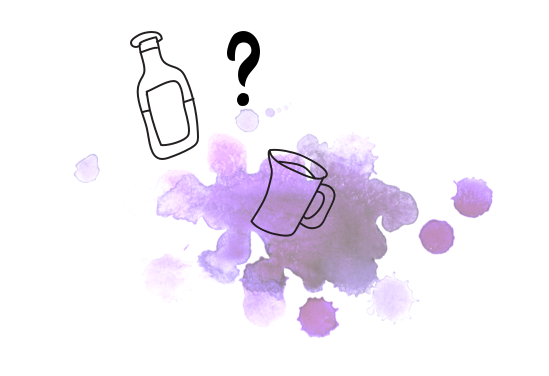Need immediate support?
Please call 8-1-1 for 24/7 general health information and advice. Indigenous people across Canada can also call the toll-free Hope for Wellness Helpline at 1-855-242-3310.
Need immediate support?
Please call 8-1-1 for 24/7 general health information and advice. Indigenous people across Canada can also call the toll-free Hope for Wellness Helpline at 1-855-242-3310.
Some patients may be hesitant to discuss their drinking with you. In particular, individuals who belong to underserved populations—such as Indigenous people and other people of colour, youth and those who identify as 2SLGBTQ+—may have had prior negative experiences with health care providers which left them feeling guarded and less likely to answer questions openly.
Here are some tips to initiate the conversation about alcohol with your patient and help them feel comfortable:

“I talk to all my patients about alcohol and other substance use. Would it be alright for us to talk about this now?”
If yes:
“How does alcohol fit in your life?”
“What kind of relationship do you have with alcohol?”
“Do you sometimes drink wine, beer or other alcoholic beverages?”
The Public Health Agency of Canada has published a useful resource for Canadian health professionals titled Communicating About Substance Use in Compassionate, Safe and Non-Stigmatizing Ways (2020). This resource was developed through consultation with people with lived and living experience of substance use and their loved ones, health professional organizations, and other stakeholders in the Canadian health system.
Canada’s Guidance on Alcohol and Health: Final Report summarizes evidence drawn from worldwide evidence reviews, mathematical modelling, and extensive consultations and discussions, and provides information about the risks of harm associated with alcohol consumption. Based on that evidence, the report recommends that Canadians consume no more than 1-2 standard drinks per week if they want to stay within the “low-risk” category.
The continuum of alcohol-related risks included in the report is based on the risks of developing different alcohol-related health problems, such as cancer, heart disease, stroke, liver disease, high blood pressure and accidental injuries.
Talking to your patient about these risks can help guide conversations toward alcohol use screening and provide some education at the same time.

“Canada has guidance about drinking and its impacts on health. Would you be interested in hearing their recommendations? I try to inform all my patients on how to prevent health issues related to alcohol.”
When you talk to your patient about alcohol use, they may ask you how you define a standard drink. This graphic can be useful, as it shows visual representations of a standard drink based on different types of alcohol.

Before you start the screening, make sure you seek consent from the patient and check their comfort level. This is especially important if the patient appears to be guarded or reluctant to talk, or if they may belong to an underserved population and may have had prior negative experiences with the health care system.

“I like to talk to all my patients about alcohol and other substance use so that I can understand how best to care for them. Are you comfortable talking about this today?”
Alcohol Use Disorders Identification Test – Consumption (AUDIT-C)
Alcohol Use Disorders Identification Test (AUDIT)
The Cut-down, Annoyed, Guilty, Eye Opener (CAGE) Tool
National Institute on Alcohol Abuse and Alcoholism (NIAAA) Youth Screening Tool (Ages 11-18)
Car, Relax, Alone, Forget, Friends, Trouble (CRAFFT) Tool (Ages 12–21)
Short Michigan Alcoholism Screening Test-Geriatric Version (SMAST-G)
The Cut-down, Annoyed, Guilty, Eye Opener (CAGE) Tool